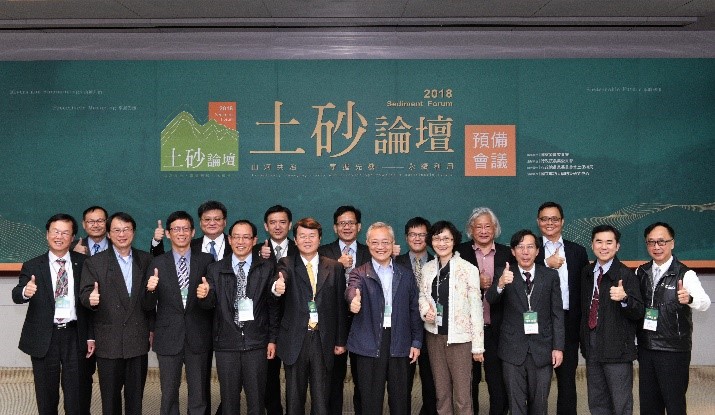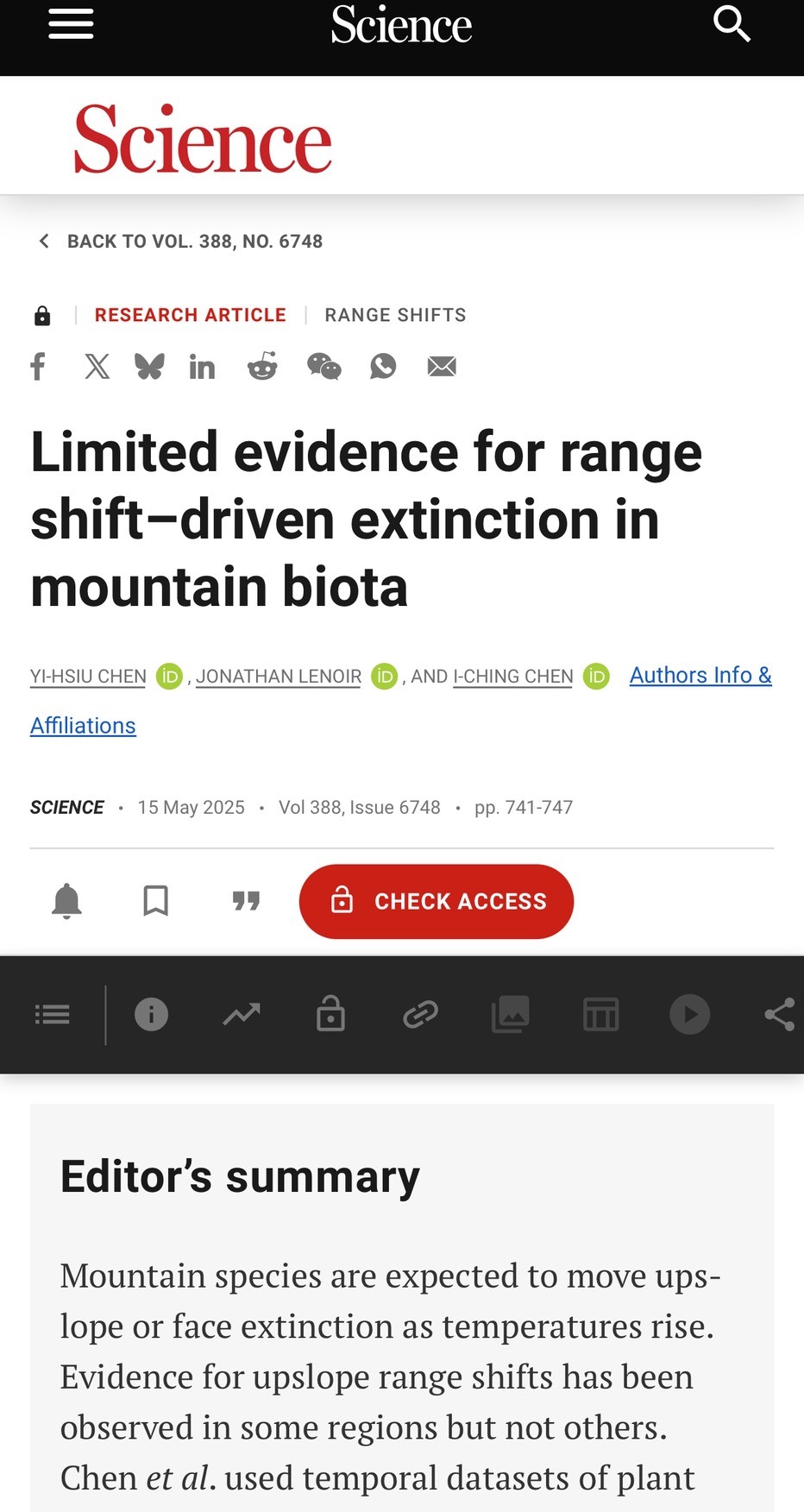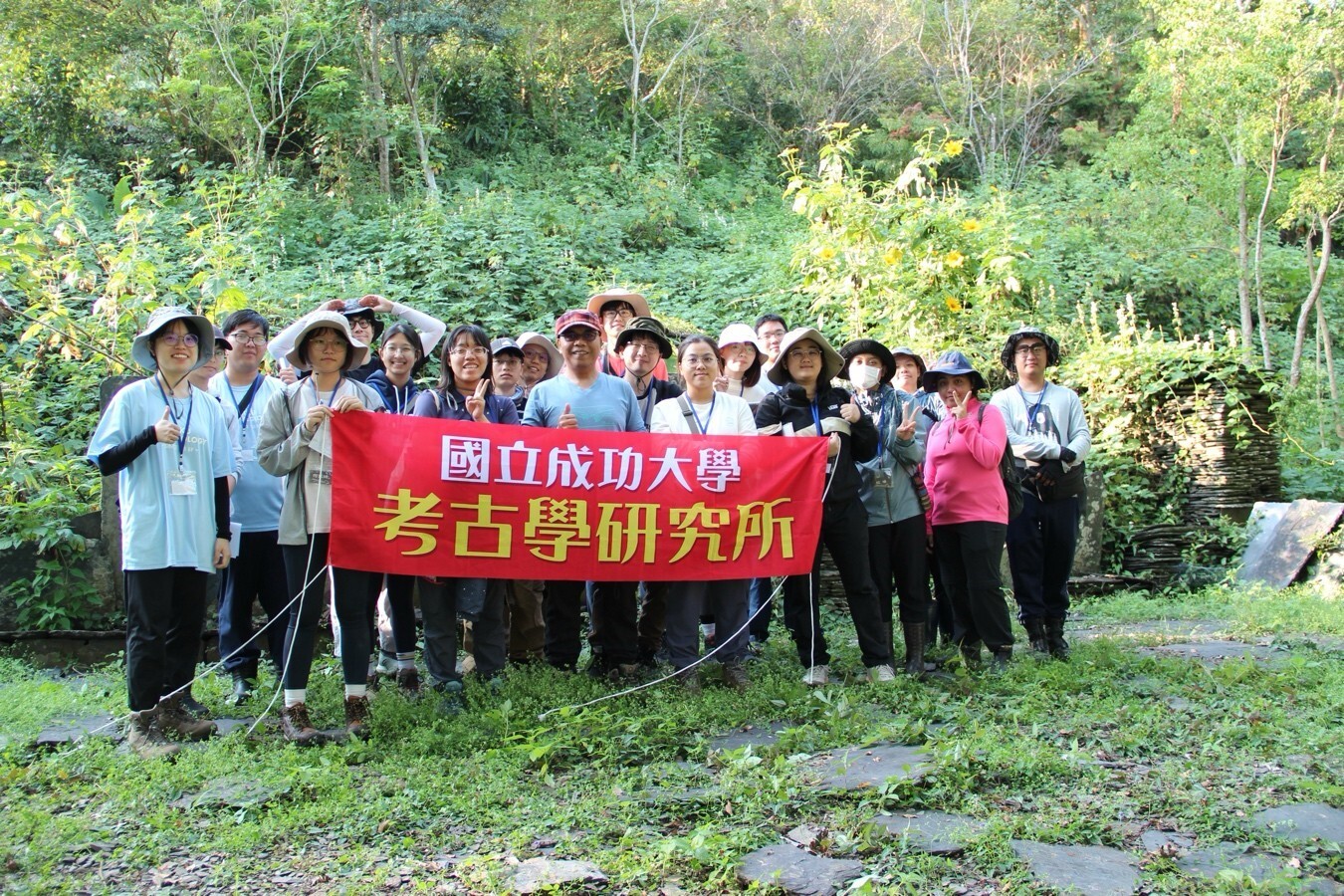SDG15
Bamboo Forum 2024: Exploring Alternative Management Approaches in Bamboo Forests—Opportunities for Public-Private Collaboration
On September 10, the National Cheng Kung University (NCKU) USR program organized the "2024 Bamboo Forum: Exploring Alternative Management Approaches in Bamboo Forests—Potential and Opportunities for Public-Private Collaboration." This forum aimed to discuss innovative ideas and practices in the management of bamboo forests in southern Taiwan, inviting representatives from industry, government, and academia to share experiences in public-private partnerships and strategies related to sustainability issues like ESG.
The forum featured two main themes. The first theme was "Transformation of the Bamboo Industry and Collaboration in University Social Responsibility Practices." Chairperson of the Taoyuan City Bamboo Industry Development Association, Mr. Zhu Liao, discussed the harvesting and management of bamboo shoots, exploring how to pass on and innovate in the face of a shortage of technical talent by utilizing new machinery and forestry technology to enhance the competitiveness of bamboo supply. Dr. Yu-Jen Lin from the Forestry Research Institute of the Council of Agriculture introduced technologies related to voluntary carbon reduction in bamboo forest management, responding to recent advancements in "Carbon Sequestration Studies in Bamboo Management." Additionally, Assistant Professor Jia-Yang Deng shared insights from a visit to Kameoka, Japan, under the NCKU USR program. The presentations highlighted that while traditional bamboo industries face challenges, there are opportunities for transformation amid a growing demand for natural carbon sequestration.
The second theme, "Addressing and Implementing Nature-Positive Growth in Public and Private Sectors through Corporate ESG," featured ESG practitioners from various companies discussing the definition of ESG and how businesses can implement ESG strategies while collaborating with local entities. The Chiayi branch of the Forestry and Nature Conservation Agency of the Council of Agriculture provided an overview of current bamboo forest management and the policies surrounding public-sector ESG matching platforms.
The forum concluded with a comprehensive discussion where experts from industry, government, academia, research, and communities shared challenges encountered in the process of ESG and community cooperation, as well as the important role universities play in cultivating students' sustainability competencies and research capabilities. This forum facilitated mutual understanding and exchange, expanding the imagination surrounding bamboo forest management and aiming to explore new possibilities and opportunities through public-private collaboration.
The forum featured two main themes. The first theme was "Transformation of the Bamboo Industry and Collaboration in University Social Responsibility Practices." Chairperson of the Taoyuan City Bamboo Industry Development Association, Mr. Zhu Liao, discussed the harvesting and management of bamboo shoots, exploring how to pass on and innovate in the face of a shortage of technical talent by utilizing new machinery and forestry technology to enhance the competitiveness of bamboo supply. Dr. Yu-Jen Lin from the Forestry Research Institute of the Council of Agriculture introduced technologies related to voluntary carbon reduction in bamboo forest management, responding to recent advancements in "Carbon Sequestration Studies in Bamboo Management." Additionally, Assistant Professor Jia-Yang Deng shared insights from a visit to Kameoka, Japan, under the NCKU USR program. The presentations highlighted that while traditional bamboo industries face challenges, there are opportunities for transformation amid a growing demand for natural carbon sequestration.
The second theme, "Addressing and Implementing Nature-Positive Growth in Public and Private Sectors through Corporate ESG," featured ESG practitioners from various companies discussing the definition of ESG and how businesses can implement ESG strategies while collaborating with local entities. The Chiayi branch of the Forestry and Nature Conservation Agency of the Council of Agriculture provided an overview of current bamboo forest management and the policies surrounding public-sector ESG matching platforms.
The forum concluded with a comprehensive discussion where experts from industry, government, academia, research, and communities shared challenges encountered in the process of ESG and community cooperation, as well as the important role universities play in cultivating students' sustainability competencies and research capabilities. This forum facilitated mutual understanding and exchange, expanding the imagination surrounding bamboo forest management and aiming to explore new possibilities and opportunities through public-private collaboration.
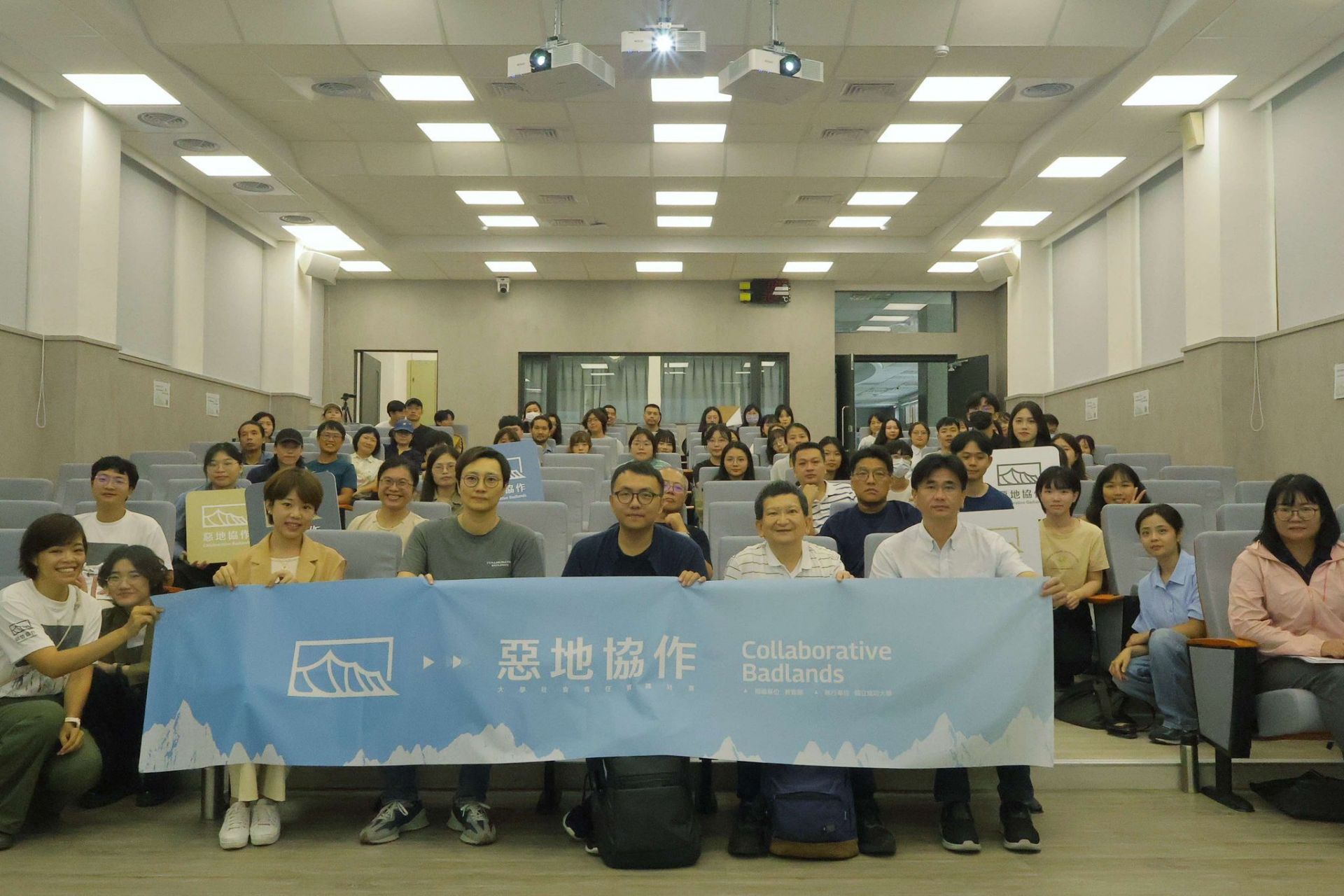
2024 Bamboo Forum Group Photo

The Taoyuan City Fuxing Guizhu Industry Development Association shared insights on the harvesting and nurturing management of Makino bamboo forests.
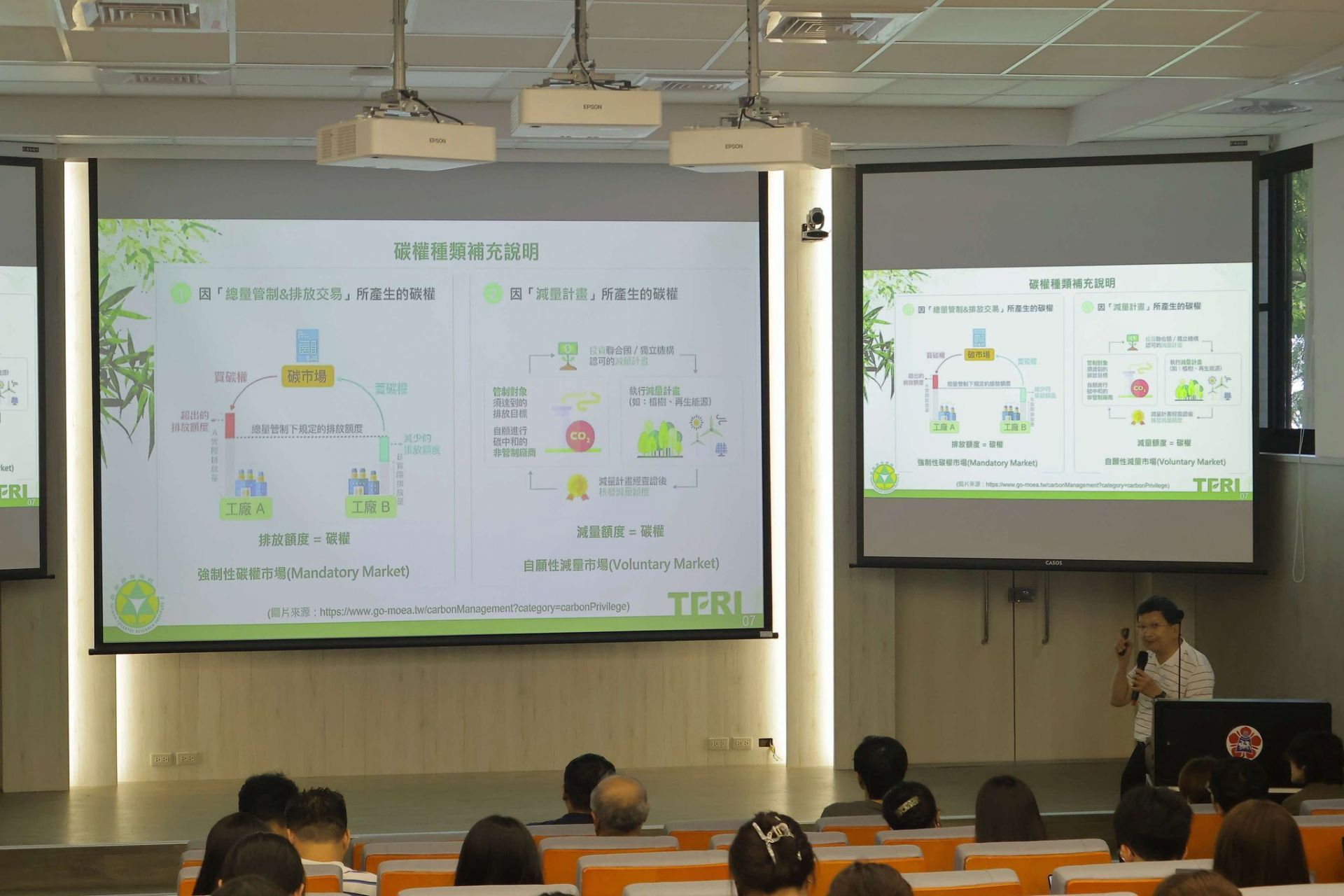
The Forestry Research Institute of the Agricultural Council introduced relevant technologies for voluntary carbon reduction in bamboo forest management.
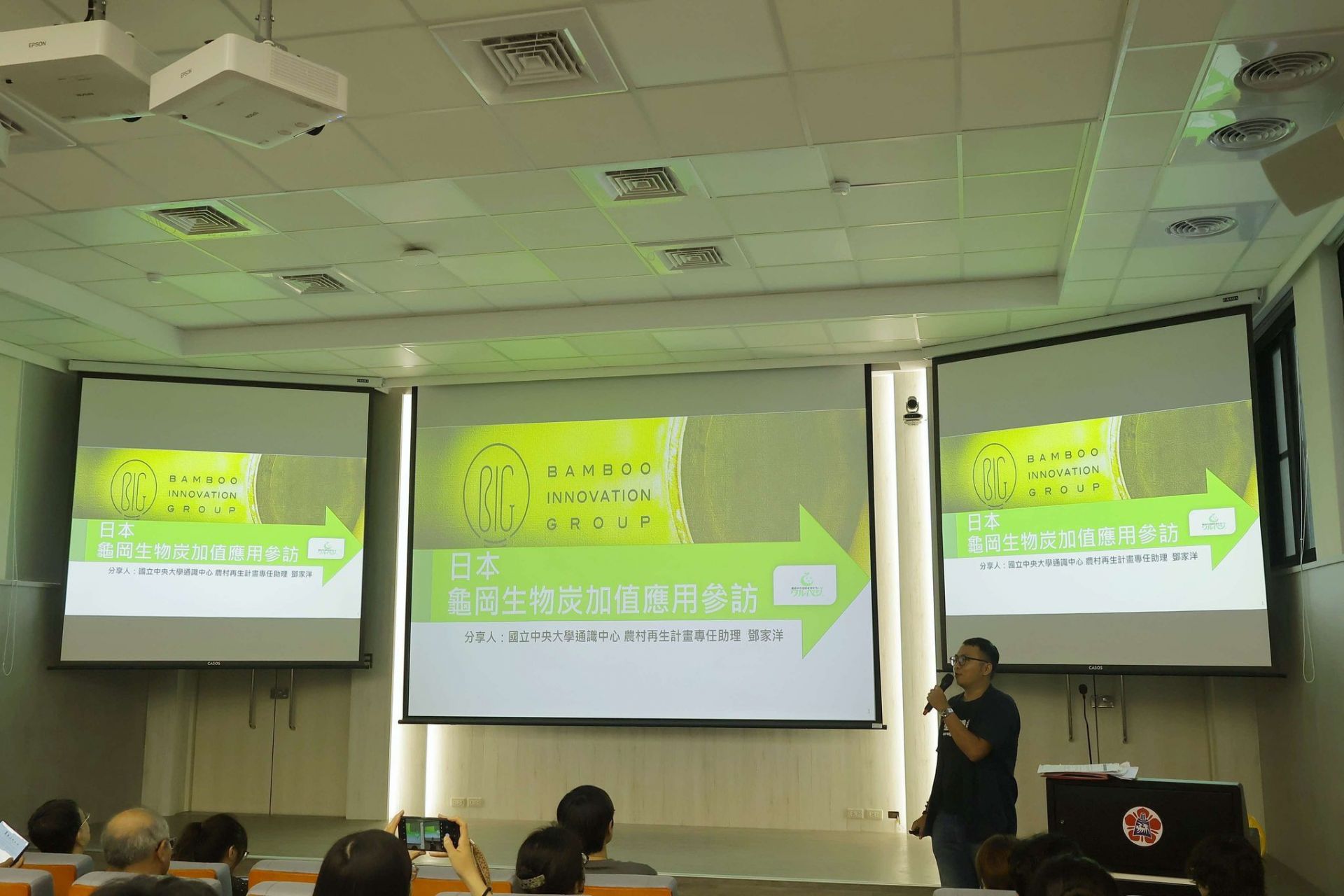
The USR program from National Central University shared experiences from their visit to Kameoka, Japan.
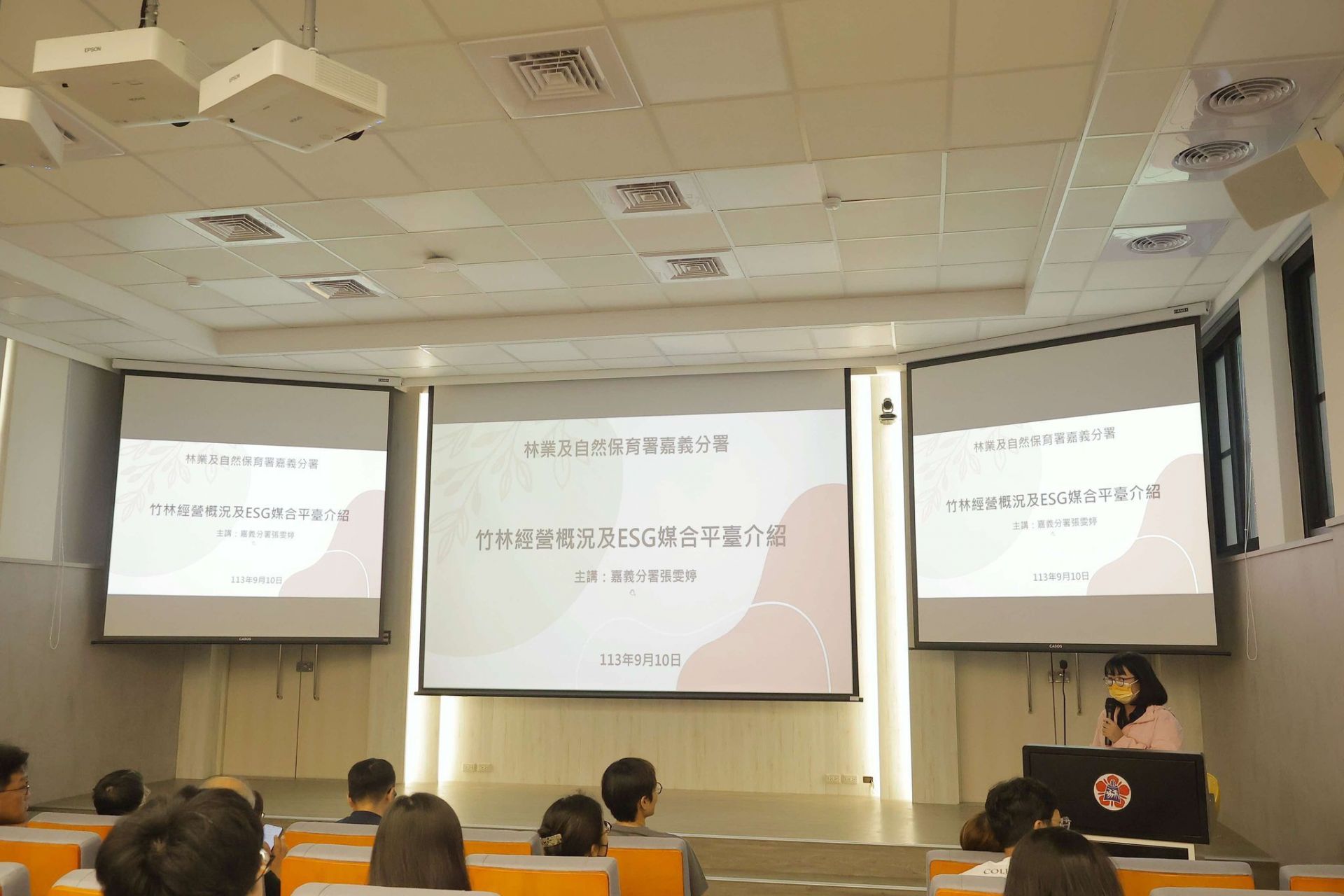
The Forestry and Nature Conservation Division of the Council of Agriculture introduced the current management status of bamboo forests and the policies regarding the public sector's implementation of the ESG matching platform.





